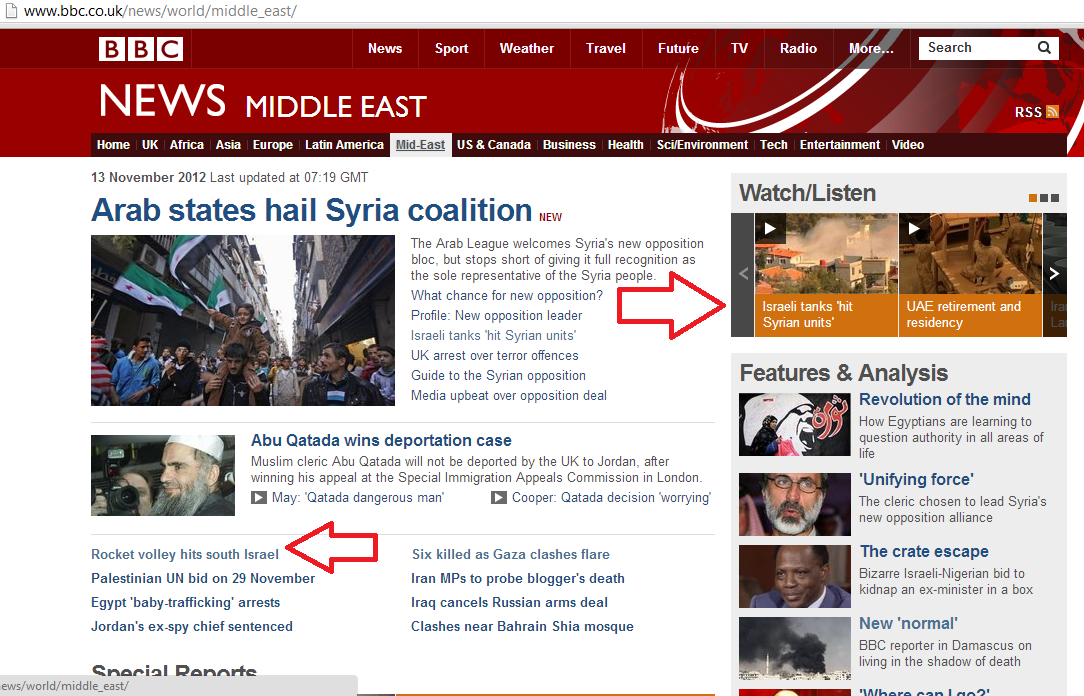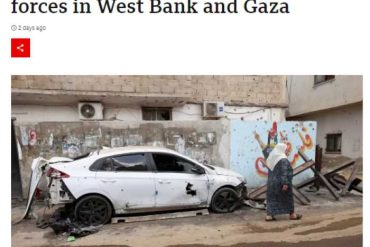1) The IDI provides a backgrounder on Israel’s immunity law.
“Procedural immunity protects MKs from standing trial while in office, and relates to any offense for which they have been indicted. In the past, MKs enjoyed procedural immunity automatically; the Attorney General had to specifically request the Knesset to revoke it when he deemed that appropriate. In the wake of several cases in which the Knesset declined to revoke an MK’s immunity, and which triggered harsh public criticism of the Knesset and forced the High Court of Justice to intervene, the law was revised in 2005. Today, no MK enjoys automatic immunity, but he or she can request the Knesset to grant immunity on various grounds. This means that having no immunity is now the default rule; the Knesset must specifically vote to grant it.”
2) The ITIC takes a look at Turkey’s relations with Hamas.
“A Hamas delegation headed by Isma’il Haniyeh, head of Hamas’ political bureau, recently paid a visit to Turkey. The delegation was accompanied by Jihad Yaghmour, who for the first [time] was officially mentioned as Hamas’ representative in Turkey. Yaghmour is a Hamas terrorist operative from Beit Hanina in east Jerusalem who was involved in the abduction of IDF soldier Nahshon Waxman 1994. He was sentenced to life imprisonment in Israel but was deported to Turkey in the Gilad Shalit prisoner exchange deal. In Turkey he liaises between Hamas and the Turkish government and the Turkish National Intelligence Organization (MIT). At the same time, in ITIC assessment, he has also been involved in covert activities, mainly the handling of terrorist squads in Judea and Samaria. In Hamas’ perspective, his past experience as a field operative may have prepared him for the role of terrorist handler. As Yaghmour’s cover for his activities in Turkey he is president of a Turkish organization called the Association of Jerusalem and Our History.”
3) At the JCPA Michael Segall analyses Iran’s strategy in Iraq.
“Iran continues to view Iraq and the Shiite militias operating there as critical elements in its efforts to store and transfer weapons to Syria and Lebanon, particularly precision rockets and missiles, and as a way to mobilize Shiite fighters for future battles with Israel and the United States. The ongoing Israeli efforts to prevent Iranian entrenchment in Syria have prompted Iran to redeploy and store some of its weaponry in Iraq, thereby advancing its plans in the region with the help of the militias under its authority. This strategy has provoked widespread criticism in Iraq of this conduct, in particular, and Iran’s overall activity and presence in Iraq, in general. This resentment erupted in the ongoing demonstrations in Iraqi cities and in the attacks on the Iranian consulates in southern Iraq, along with recent calls by Iraqi demonstrators to boycott Iranian products.”
4) Jonathan Spyer explains the current situation Syria.
“North east Syria, two months after the US redeployment and the subsequent Turkish invasion, now constitutes a chaotic kaleidoscope of opposing forces. No less than eight separate armed forces may be discerned in the area. These are the SDF, the US Army, the Turkish Army, the Turkish associated Sunni Islamists of the Syrian National Army (SNA), the Syrian government army (SAA), the Russians, the IRGC-supported Shia militias and of course the Sunni jihadis of Islamic State. The Saudis, if indeed they are there, would constitute a 9th force.”




